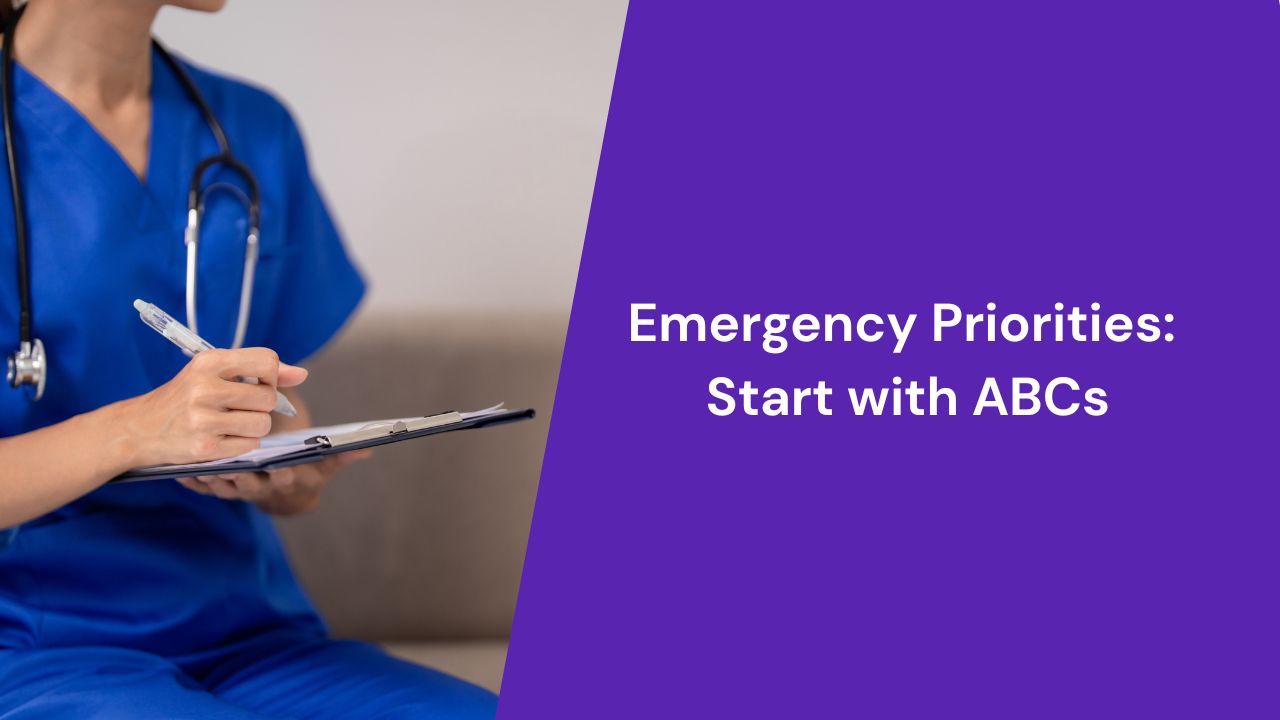Why Interprofessional Collaboration in Healthcare Matters
Teamwork. Collaboration. Partnership. These are all words that many of us cringed upon hearing from college professors when receiving a project assignment. After all, ensuring our project’s success is much easier when we only have to rely on ourselves. Right? We can’t force anyone else to do their tasks correctly/promptly/diligently, and that’s the rub, isn’t it?
Teamwork and collaboration can be frustrating and difficult, but that doesn’t mean it isn’t necessary. Our interconnectedness as humans in a society where no one can be a master of all requires that we work together. This necessity of interprofessional collaboration applies across many industries, particularly in the healthcare industry. Keep reading to learn more about interprofessional collaboration and how it applies to nursing as a career.
Nurse Collaboration
When we look at the healthcare setting from a civilian point of view, the primary players are typically doctors, surgeons, and nurses. Those are the prominent roles supplied by Hollywood, after all, and we can all admit to watching at least a few episodes, if not the entire 19 seasons of Grey’s Anatomy—can’t we?
But as nurses and nursing assistants, you know better. You know that your work is interconnected with the efforts of many other allied healthcare professionals, such as respiratory therapists, speech-language pathologists, social workers, occupational therapists, radiologists, dieticians, certified medication aides, etc. The healthcare setting is much more nuanced than many perceive. Each patient’s condition is unique; therefore, their needs often call upon clinicians with different backgrounds and perspectives to create a comprehensive care plan and carry it out.
How Can Nurses Collaborate with Other Departments?
When interprofessional collaboration is ineffective, it can have an adverse impact on patients. However, the opposite is also true. Successful collaboration of nurses and allied healthcare professionals can result in tremendous gains for your patients and your workflow.
For example, let’s say you have a patient recovering from a hip replacement. How could you improve your interprofessional collaboration for this patient? Consider the following questions:
- Who can you coordinate with to minimize disruptions and allow the patient more rest time?
- Could you contact the physical therapist to coordinate pain medication dispensation with the physical therapist’s visit to the patient, ensuring their pain is controlled before their session?
- Could you coordinate with the certified nursing assistant on shift to conduct your own patient assessments, as they provide direct patient care?
- Does the patient need a blood draw or other diagnostic testing to be performed? If so, can it be coordinated so that it doesn’t interrupt a resident’s meal time?
- Can you coordinate with kitchen staff so that the resident’s food isn’t delivered at a time when it will be left to grow cold while they’re busy with another clinician?

Research and Frameworks for Collaboration in Healthcare
The topic has been researched and written about in scholarly journals over the years, and different frameworks have been developed. Let’s take a look at a few different sources and see what they say.
In one article, Interprofessional Collaboration Competencies in the Health System: A Systematic Review, the authors evaluated 17 scholarly articles published on the topic between the years of 2010 and 2020. As a result of their evaluations, the authors identified the following competencies and themes:
The Interprofessional Education Collective (IPEC), formed in 2009, created its first interprofessional collaboration panel in 2011 with recommendations for core competencies targeted for curriculum in the schools of medicine, nursing, dentistry, pharmacy, and public health. The IPEC has since expanded its reach to other healthcare professions. In 2016, they revised their competencies, and in 2023, they are in the process of revisions again. The preliminary draft of their 2023 revisions is available for viewing and cites the following core competencies:
In addition to the competency statement, the IPEC competencies go a step further, identifying a set of value statements to accompany each competency that serve as guides to accomplishing or reaching the core competency.
The Sunnybrook framework establishes team competencies, focusing on the necessity of a team mentality. These team competencies are identified as the following:
Additionally, the Sunnybrook framework identifies associated behaviors for each of its competencies to guide team members into effective collaboration to achieve the goals of the core competencies.
Nursing Teamwork and Interprofessional Collaboration
How many of the aforementioned core competencies strike a chord with your team's nursing models and the rights of nursing delegation? Collaboration and teamwork can be challenging even when everyone involved has the best intentions. Remember that squidgy part about how you can’t control how well others collaborate? The best you can do, the best anyone can do, is work to improve your professional relationships and your own contributions with the hope that they will be recognized and appreciated enough to pave the way for others to do the same. Never forget that the work you do matters.











.jpg)
.webp)

